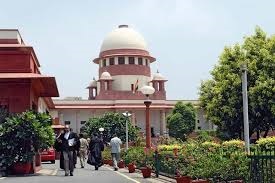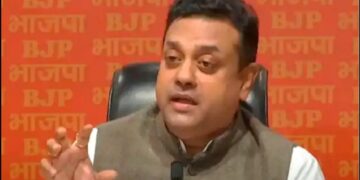The Supreme Court on Thursday issued notice to the Election Commission and Gautam Buddha Nagar District Magistrate on a petition against the Allahabad High Court order allowing their removal as parties to the election petition. The petition will be heard in the week starting March 24.
A bench of Chief Justice Sanjiv Khanna and Justice Sanjay Kumar was hearing a plea by a woman named Geeta Rani Sharma, who alleged that her nomination papers were falsified during the 2019 Lok Sabha elections for the Gautam Buddha Nagar constituency of Uttar Pradesh. Was duly rejected.
Issuing the notice, the CJI said that the Allahabad High Court had at least erred in removing the District Magistrate as a party from the petition. “As per the allegations, the nomination papers were wrongly rejected. The winning candidate will not be able to respond to the said claims. The High Court at least erred in striking out the District Magistrate from the list of parties,” the court said.
Apart from the Election Commission and the District Magistrate, winning BJP candidate Mahesh Sharma and other probable candidates Bhim Prakash Jiyasu and Kishore Singh have been made parties to the petition. The petition before the High Court was filed under Section 100(1)(c) of the Representation of the People Act, 1951, challenging the validity of the election on the basis of alleged irregularities in the rejection of nomination papers by the Returning Officer. The High Court, relying on Section 82 of the Representation of the People Act, concluded that the Election Commission and the District Magistrate were not necessary parties to the petition.
Section 82 states that the election petition must include elected candidates and other contesting candidates as respondents, but does not mention the Election Commission or the District Magistrate. The High Court had said that the petitioner does not have the freedom to form parties of her choice and as long as she complied with the law and its procedure, her challenge would be maintainable. The outcome of the case may have a significant impact on the scope of relevant parties in election petitions as well as on the interpretation of the law.






